Carnikava Local History Centre, Foot Path, Festival Square and the Promenade
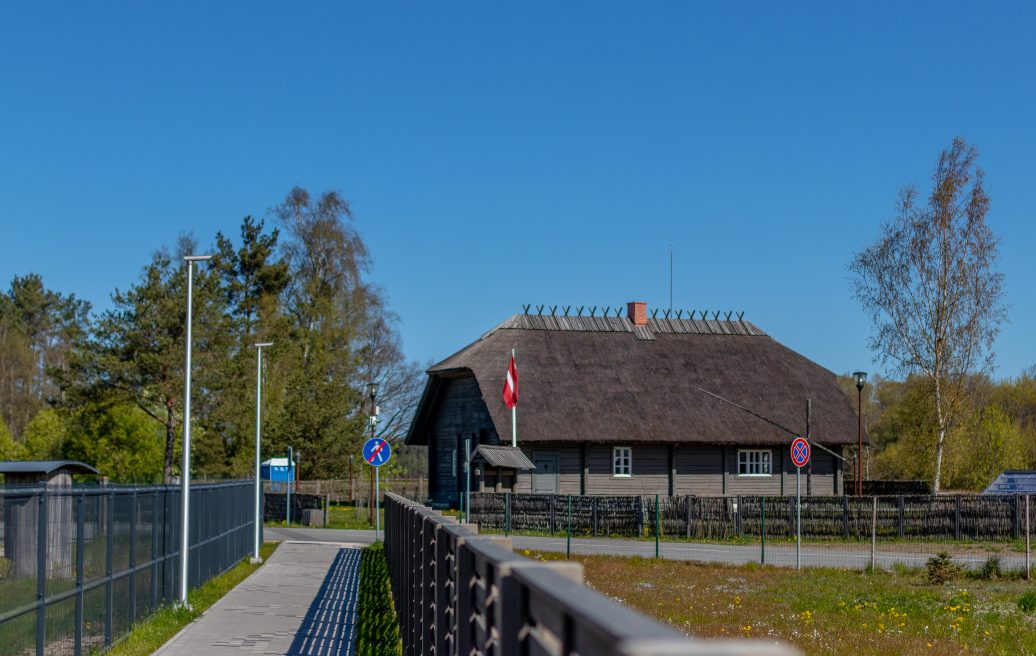
Description
The intangible cultural heritage of Carnikava municipality includes fishing traditions. Fishing in Carnikava dates back to Livonian villages and German times, when fishermen were taxed with a tub of lampreys or a certain number of salmon, and continued to develop through the active shipbuilding era in the 19th and early 20th centuries (until WWI) and up to the present day.
The historical and cultural heritage of the Carnikava region can be explored at Carnikava Local History Centre: opened in 2012, the centre’s building is a replica of the fisherman and ferryman’s house Cēlāji built in 1851 near the mouth of the Gauja River. Back in the day when the land route connecting Rīga to Pärnu ran along the bay, Cēlāji was one of the three most important ferry crossings on the lower Gauja. Its residents carried passengers and goods across the river until the late 19th century. The original building was transferred to the Ethnographic Open-Air Museum of Latvia in 1966 as an outstanding example of a 19th-century Vidzeme fishermen’s farm.
Carnikava is home to the unique Piejūra Nature Park, a NATURA 2000 site (a network of specially protected nature areas in EU member states) and the third oldest nature park in Latvia (established in 1962). Piejūra Nature Park stretches along the coastline for 38 km: from the shore of the Gulf of Riga north of the capital city to Saulkrasti municipality, and spreads across the entire coastal territory of Carnikava municipality. One of Europe’s most important migratory bird flyways runs through the park.
Carnikava is home to the estuary of the Gauja River, one of the country’s most beautiful rivers; it is the only estuary of a major river in Latvia with an untouched landscape and without a port. It is unique both in Latvia and Europe. The Gauja estuary is part of the specially protected Piejūra Nature Park, and it is a renowned spot for lamprey fishing. Carnikava has preserved these centuries-old traditions of lamprey fishing and processing to this day.
Carnikava’s Festival Square and the Promenade winding along the Gauja River embankment create a beautiful symphony of cultural and natural heritage. The Festival Square houses the sculpture Remembering by Latvian sculptor Vilnis Titāns and a stela for the bearers of the Order of Lāčplēsis, the first and the highest Latvian military award.
To get from the Festival Square to Carnikava Local History Centre, walk along the Gauja River embankment promenade and cross the bridge over the Vecgauja River. This walk offers spectacular views of the local fishermen’s lives: fishing boats moored on the banks of the Vecgauja, nets and traps drying in the yard, and fishermen bustling about. The early morning hours may reward hikers with the opportunity to see fishermen getting into their boats and heading out to fish in the Gauja River and the sea.
Improvements made within the project
The project expanded the Carnikava Local History Centre (erecting the barn and canopy) to house the exhibition, and the local history exhibition was expanded as well. The Festival Square, the Gauja promenade – a lighted pedestrian/bicycle path along the Gauja embankment, and a pedestrian bridge to the Carnikava Local History Centre were built. As a result of the project, the town now offers guided tours, a series of thematic concerts and events at the Carnikava Local History Centre, and a unified route linking cultural and historical sites in the town centre.
Investments – EUR 1,534,306.90
Of which:
ERDF funding – EUR 706,642.50
state budget grant – EUR 18,705.24
municipal funding – EUR 808,959.16
The project was implemented by Carnikava Municipality Council.
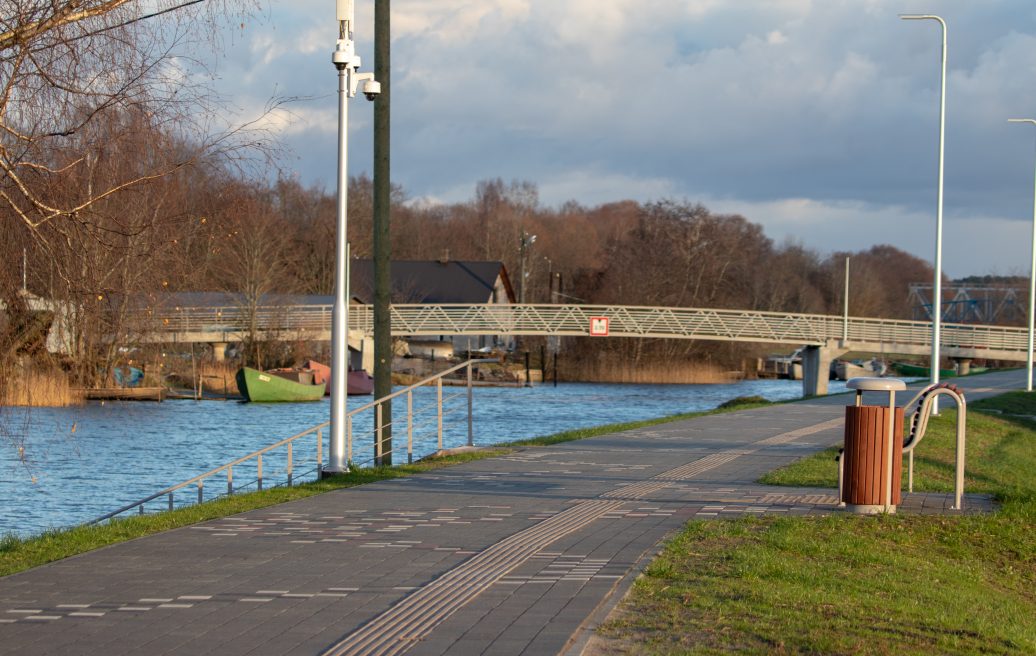
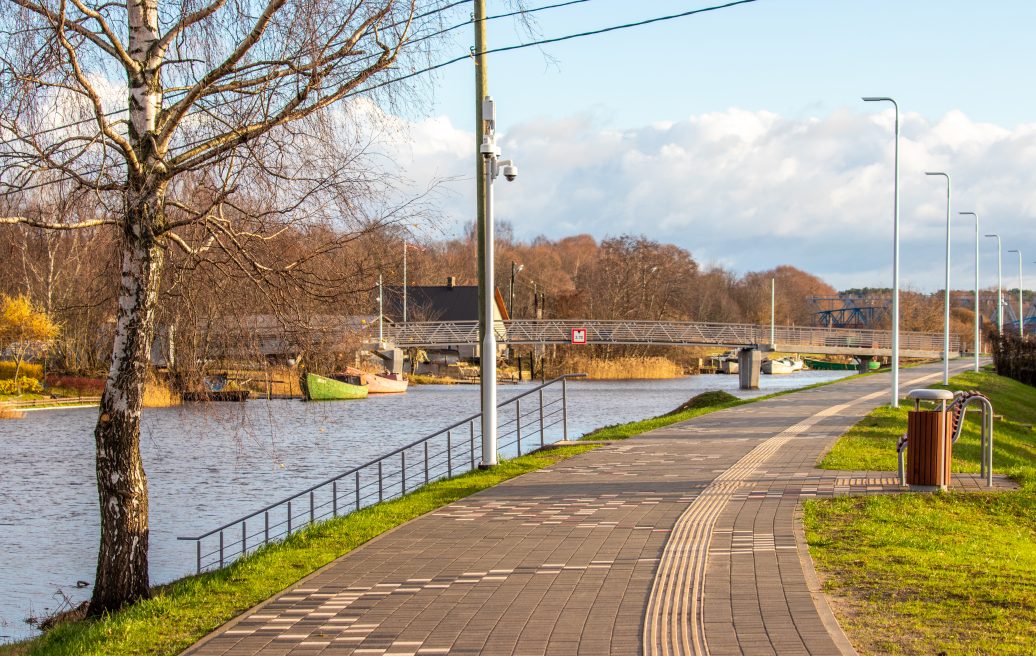
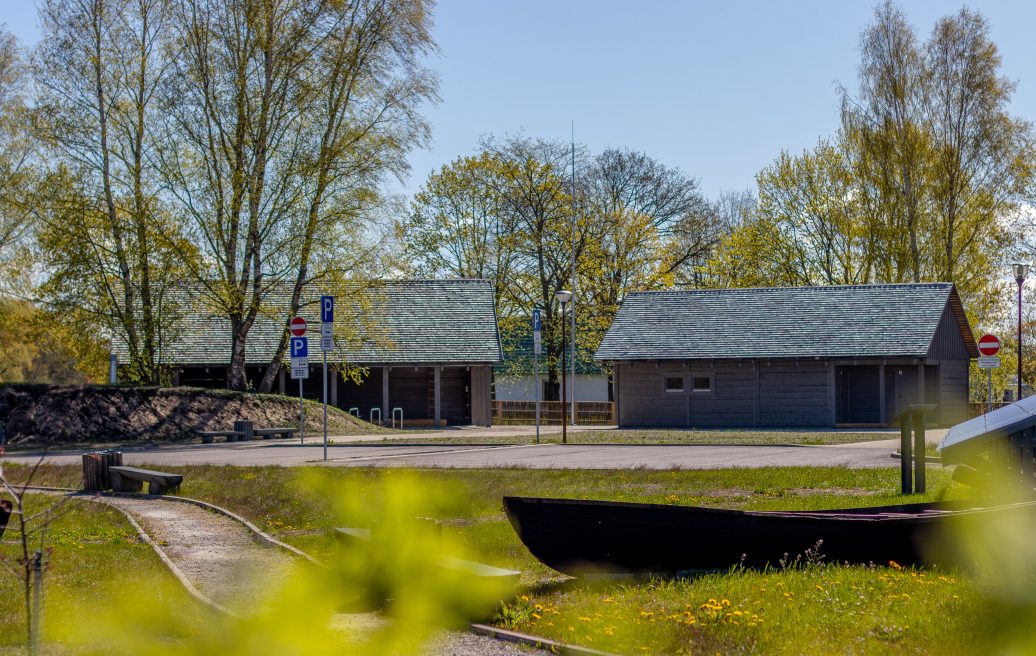
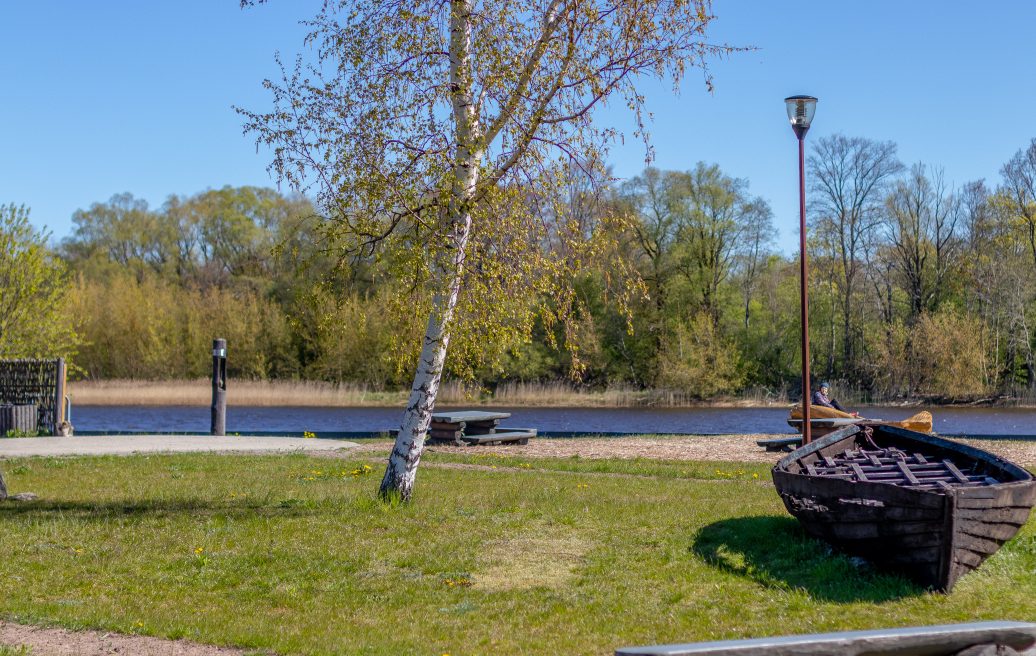

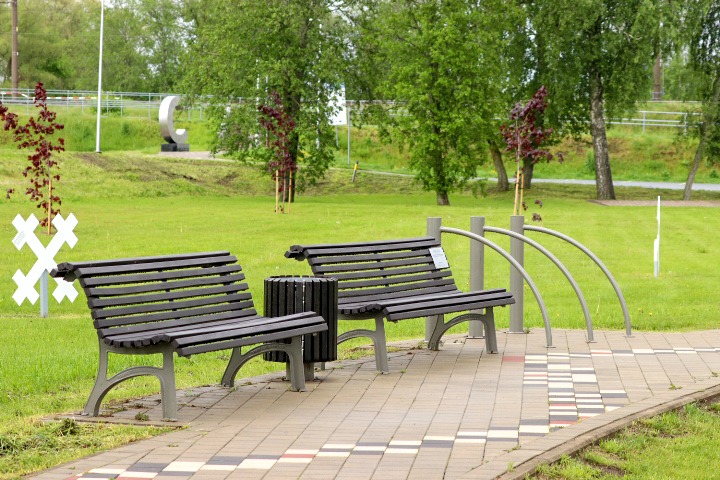
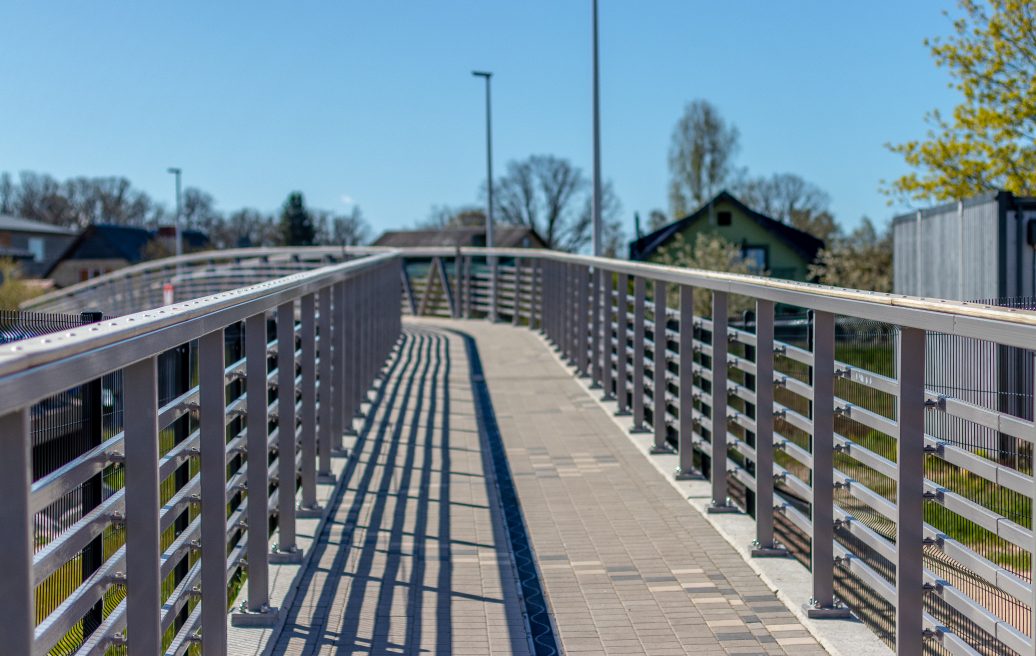
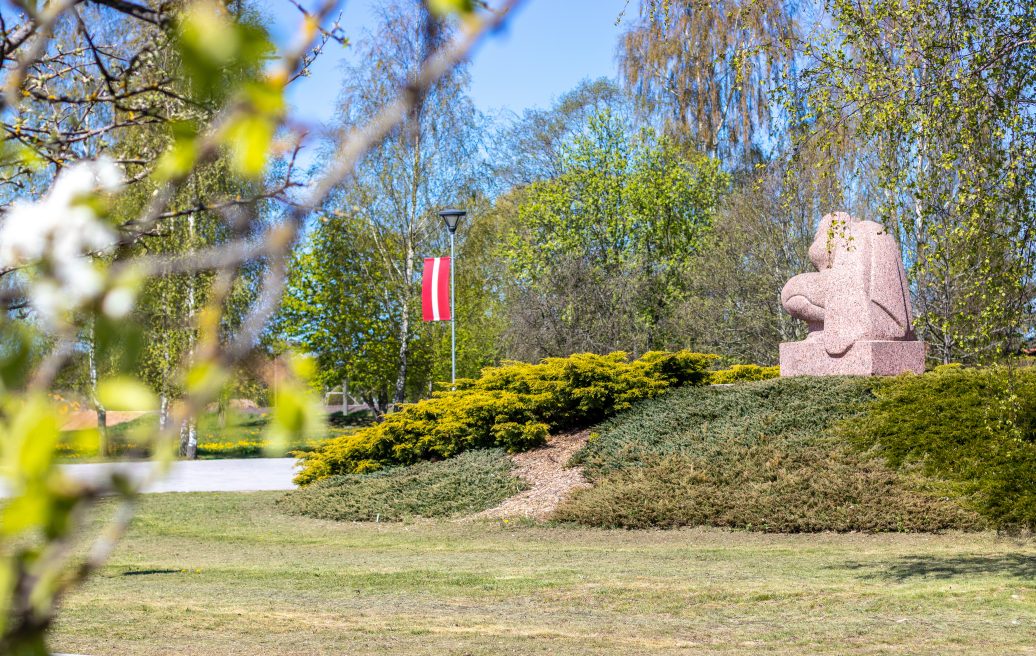
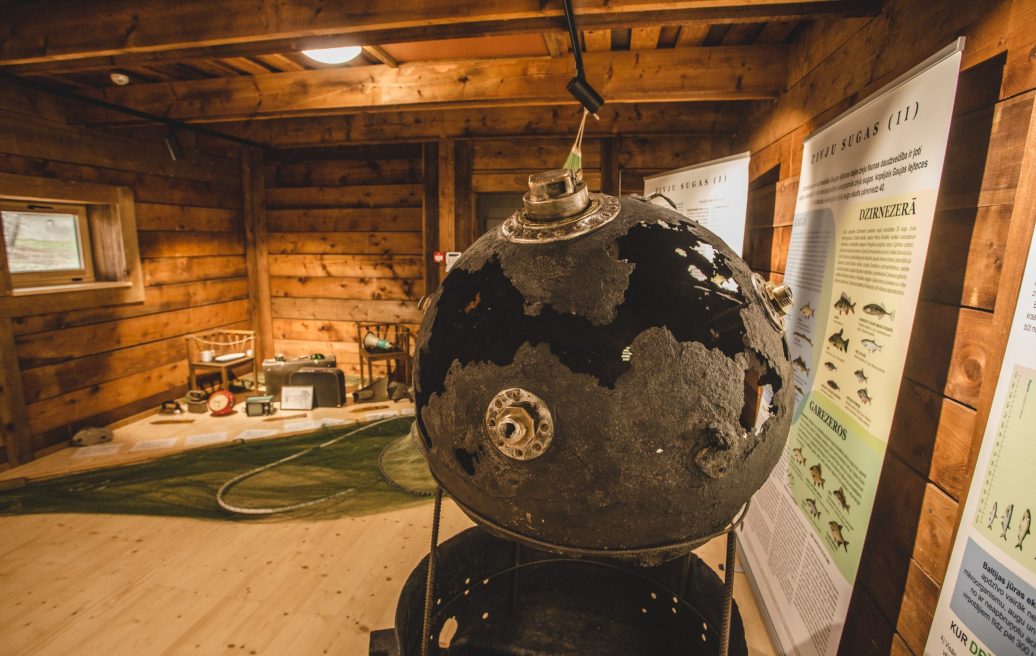
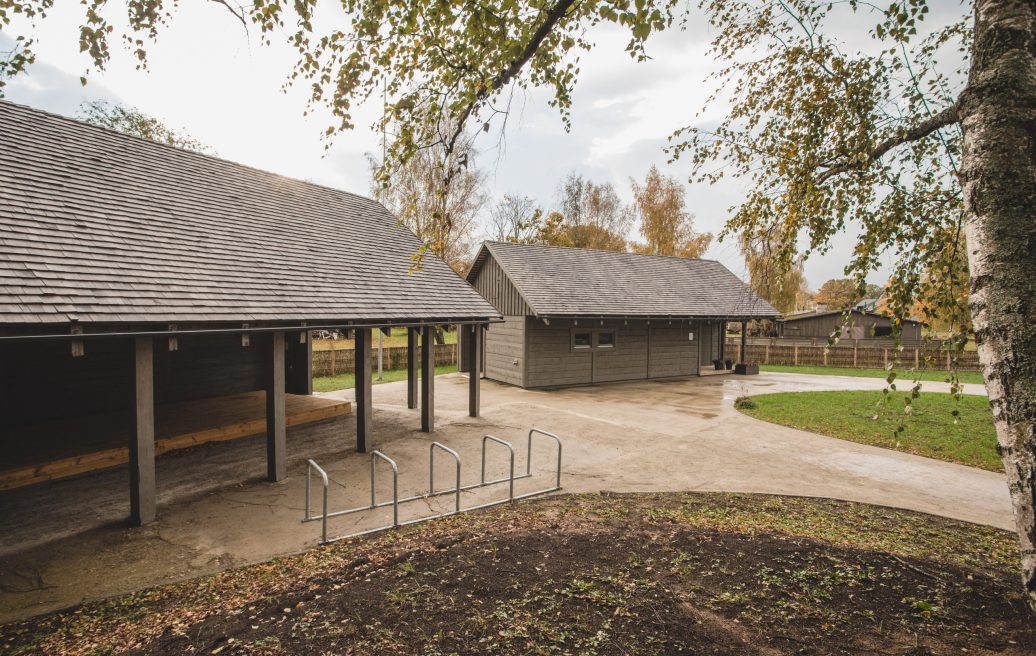
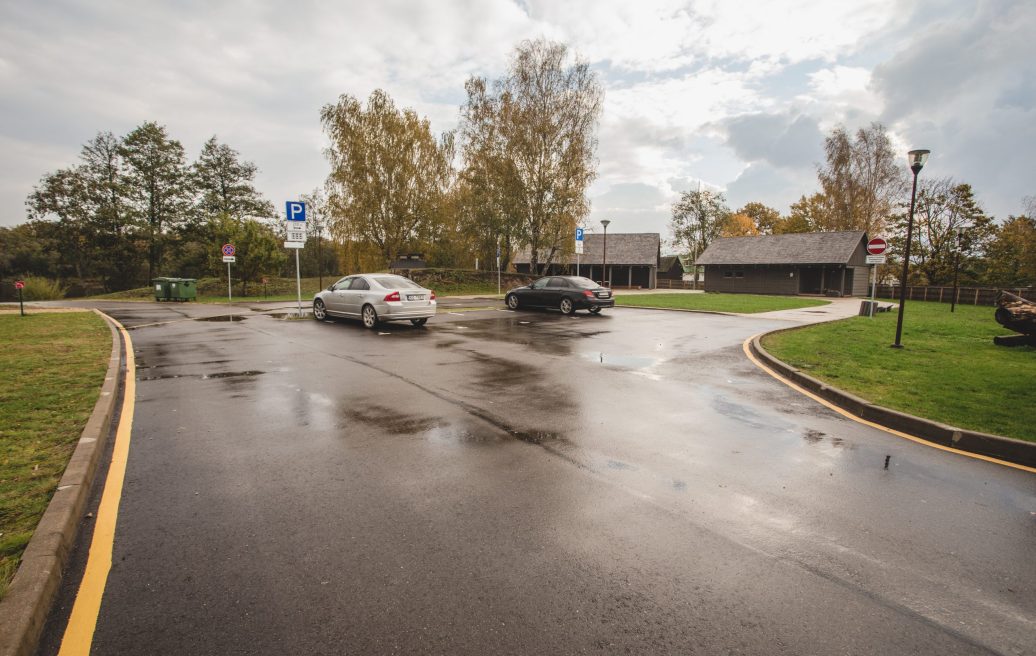
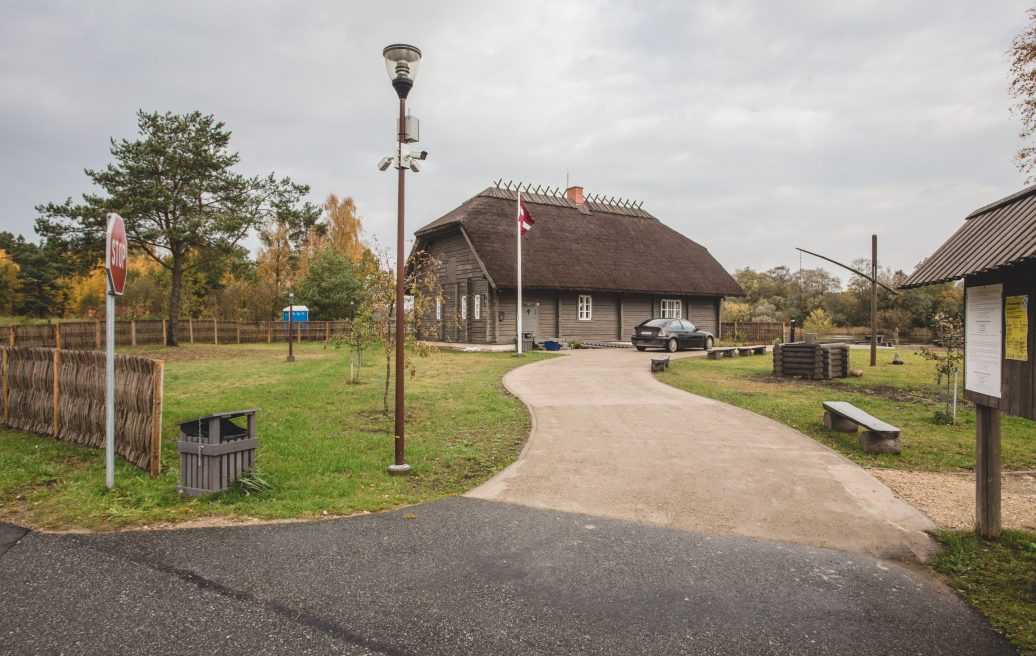
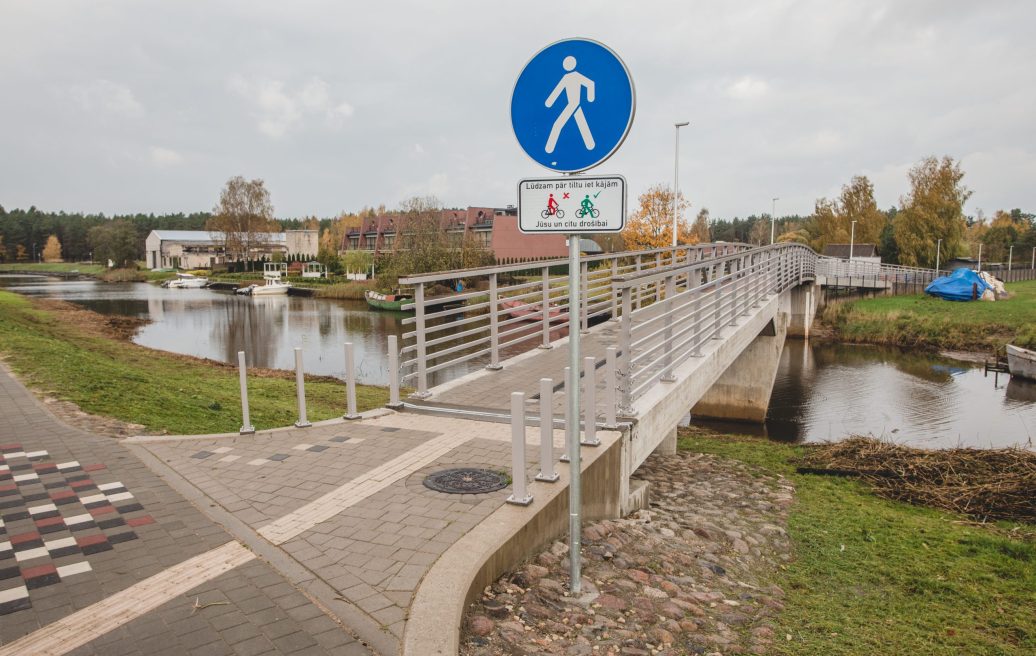
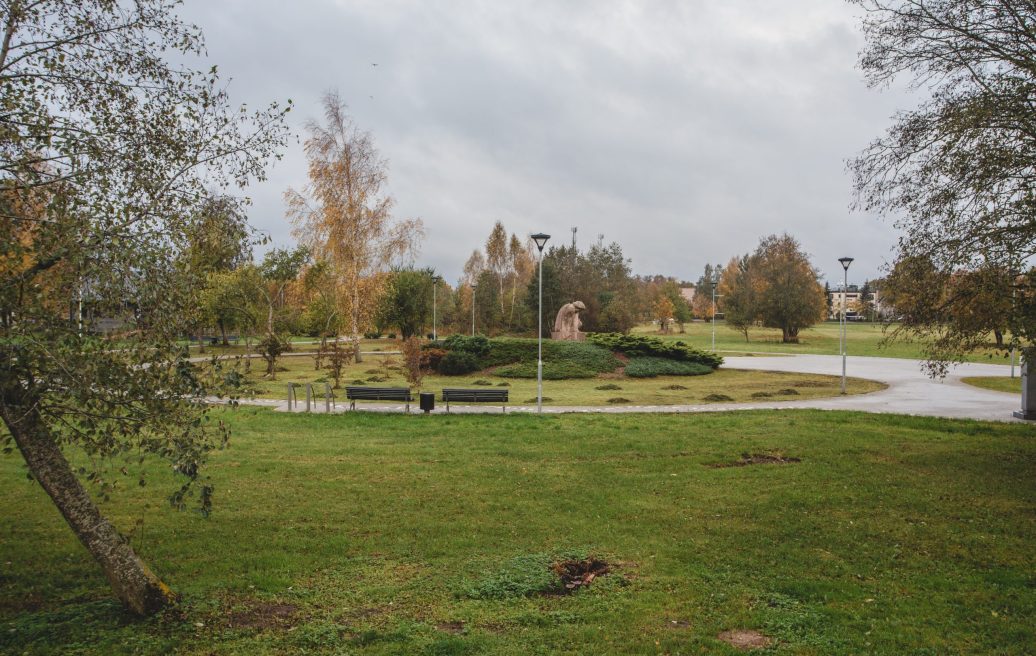
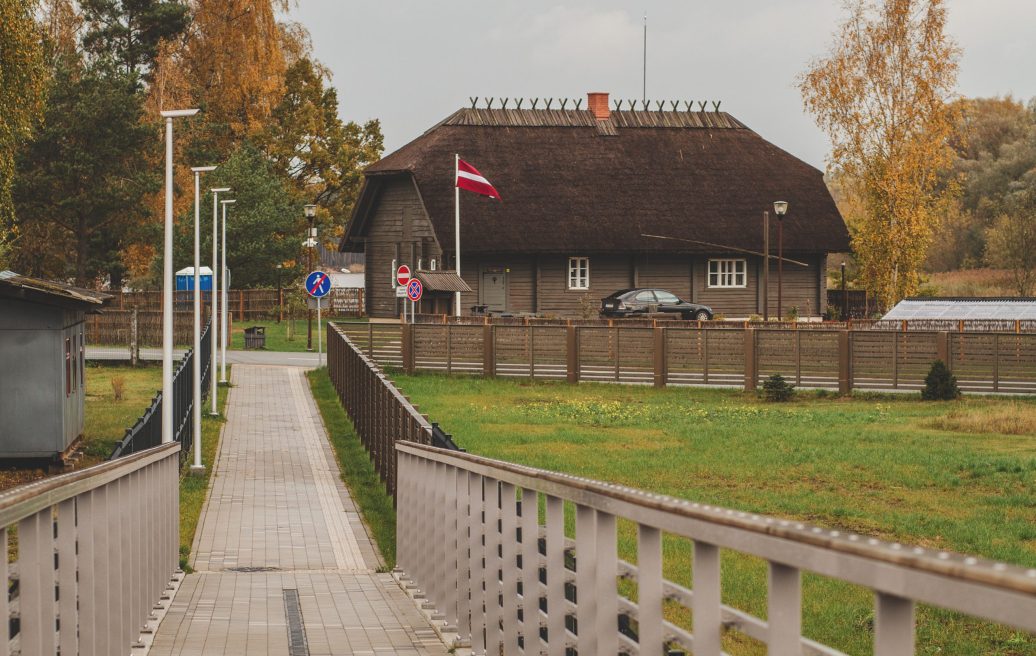
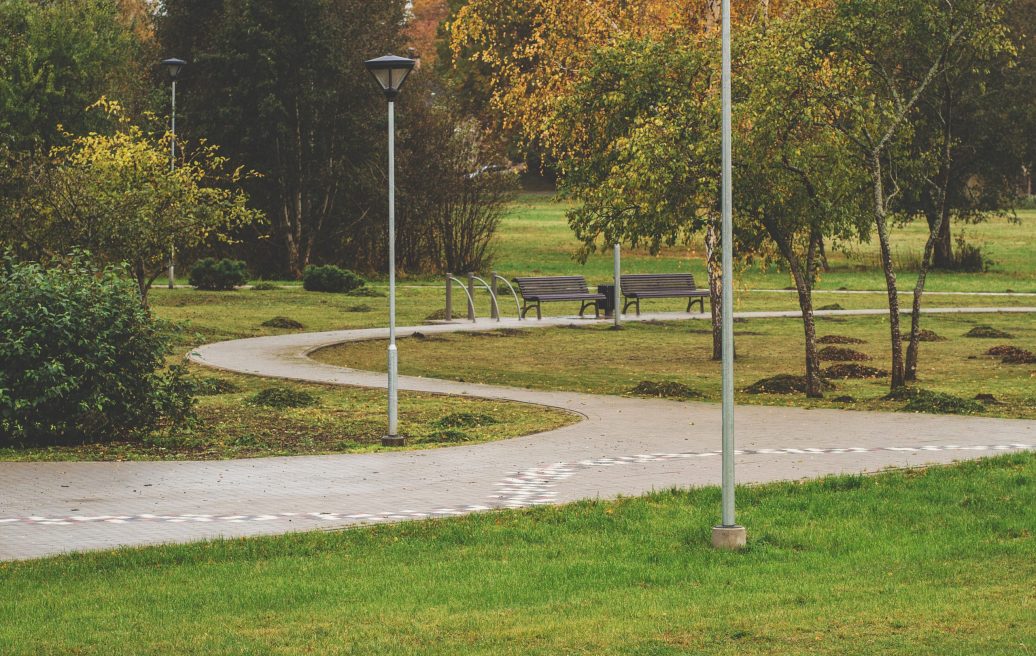
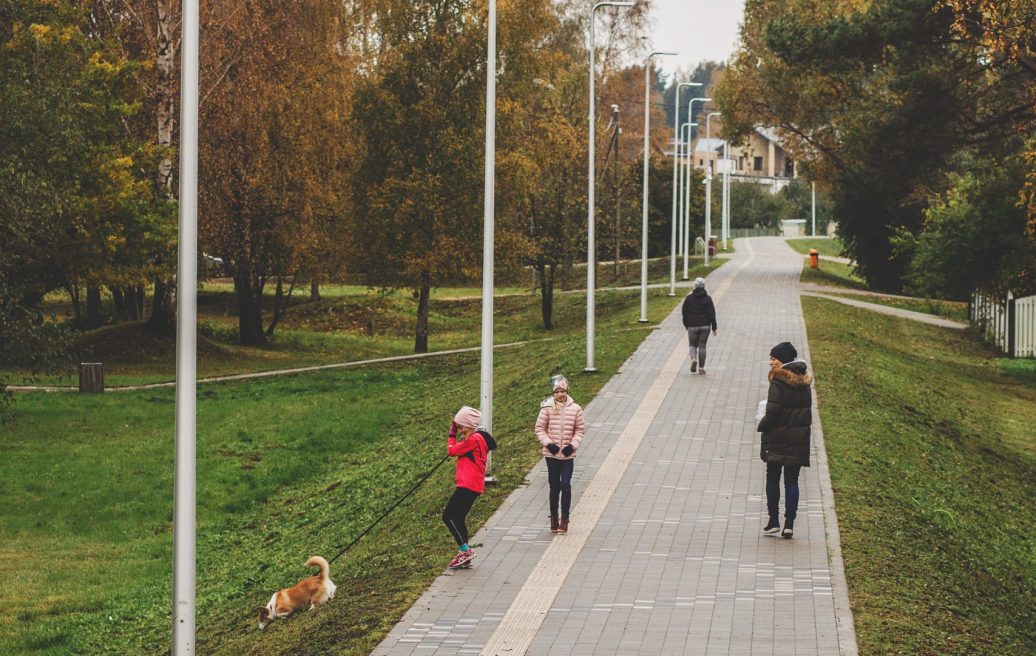
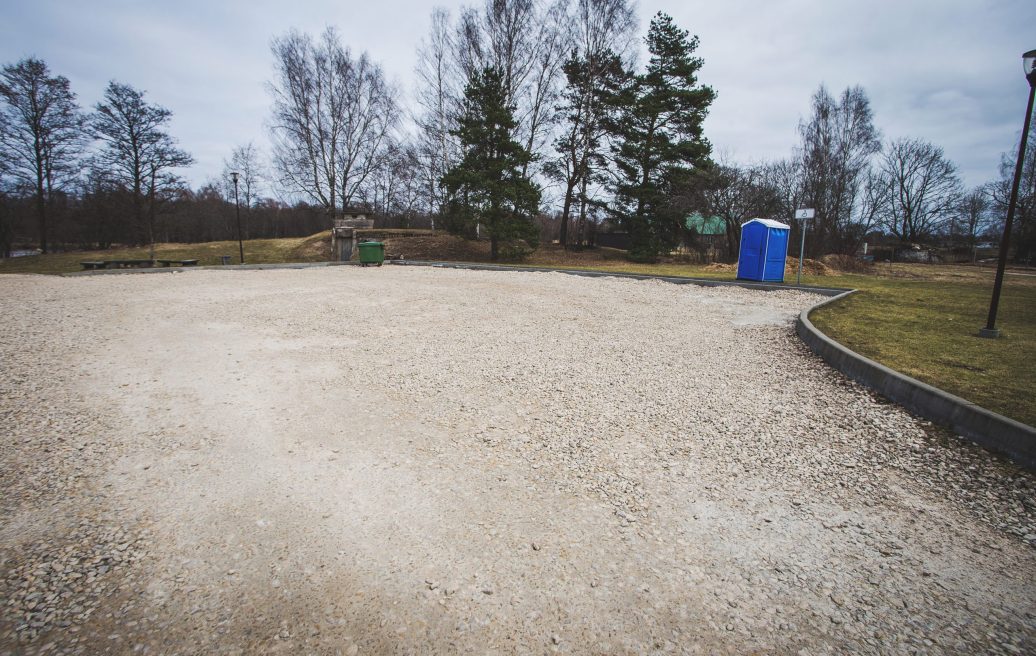
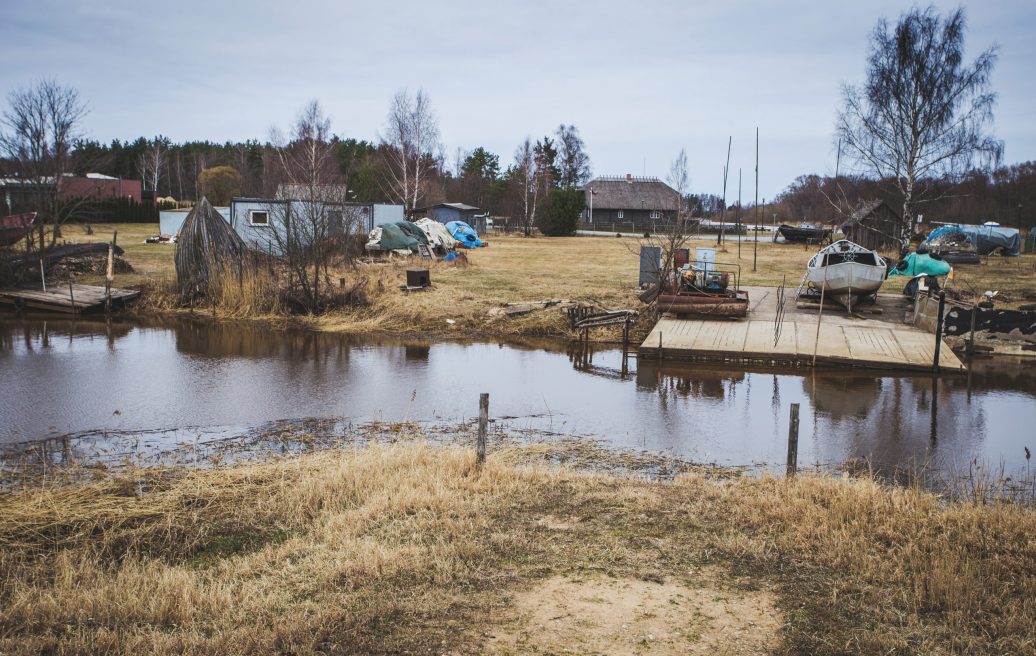
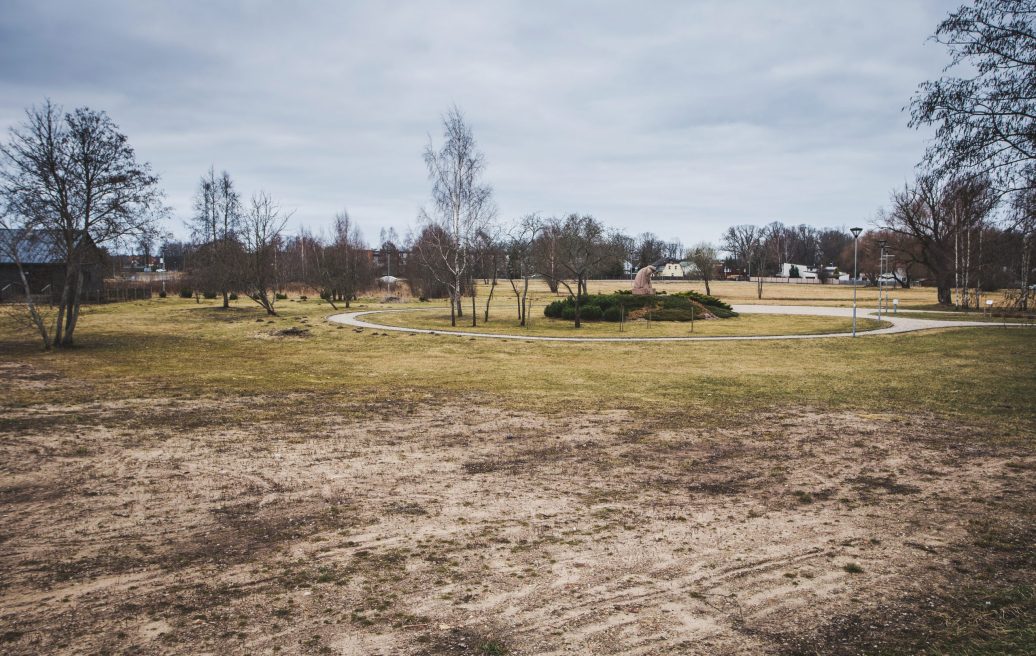
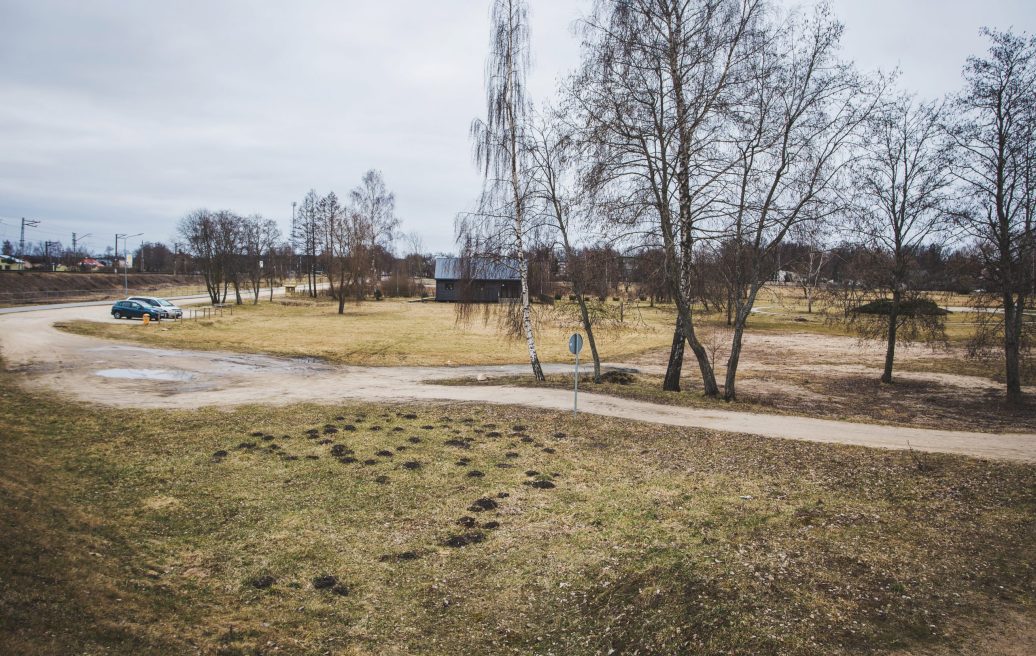
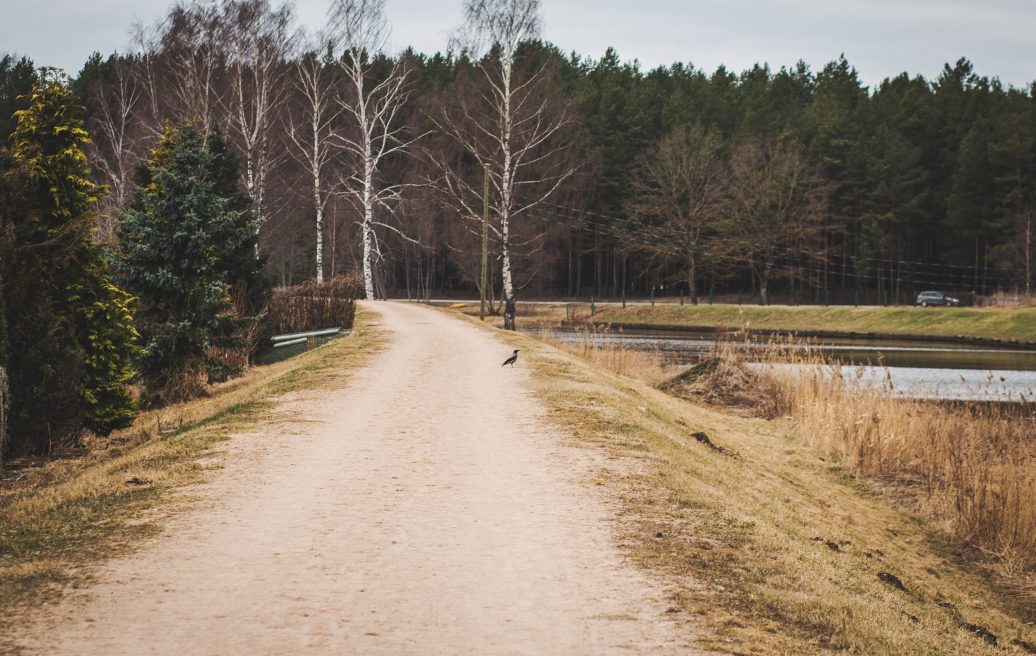
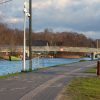
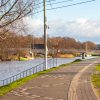
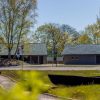
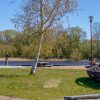
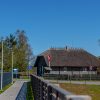
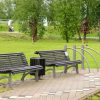
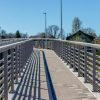
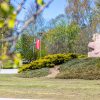
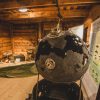
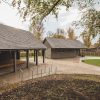
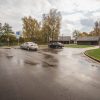
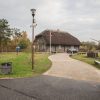
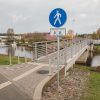
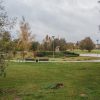
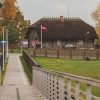
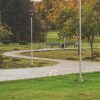
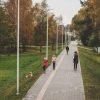
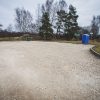
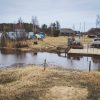
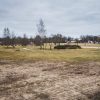
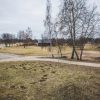
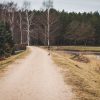
Address
Jomas Street 7, Carnikava
Working time
The Festival Square, Gauja Promenade and the outdoor area of the Local History Centre are open to the public.
Opening hours of the Local History Centre:
Wednesday-Friday 10:00 – 16:00
Saturday, Sunday 11:00 – 15:00
Monday, Tuesday – closed
Admission fee
Admission fees for events only, otherwise Neibāde Park is open to visitors free of charge.
Getting there
On foot or by private transport (parking available), public transport from Riga (train, bus), from the Gauja River – a slip for launching boats available.
